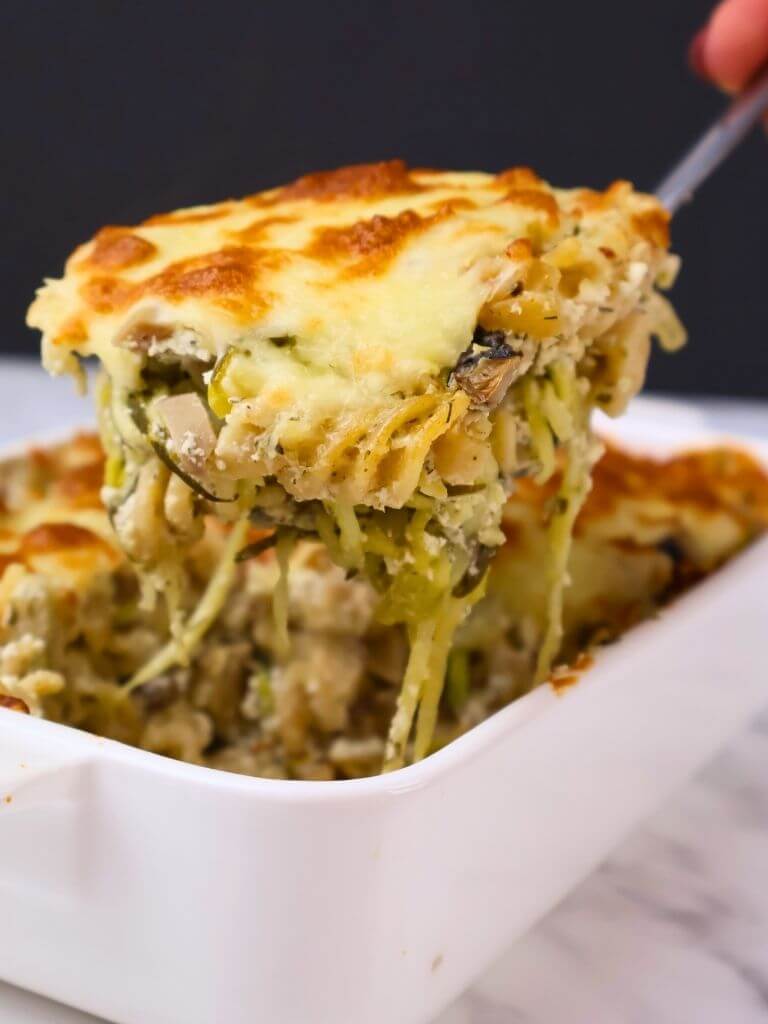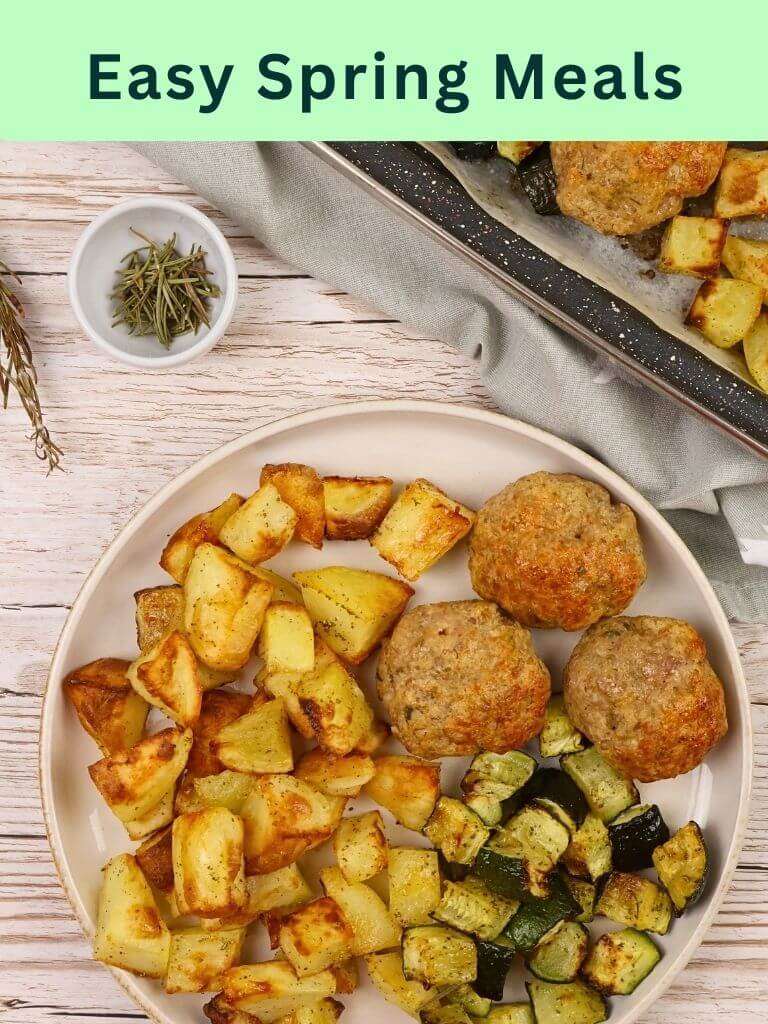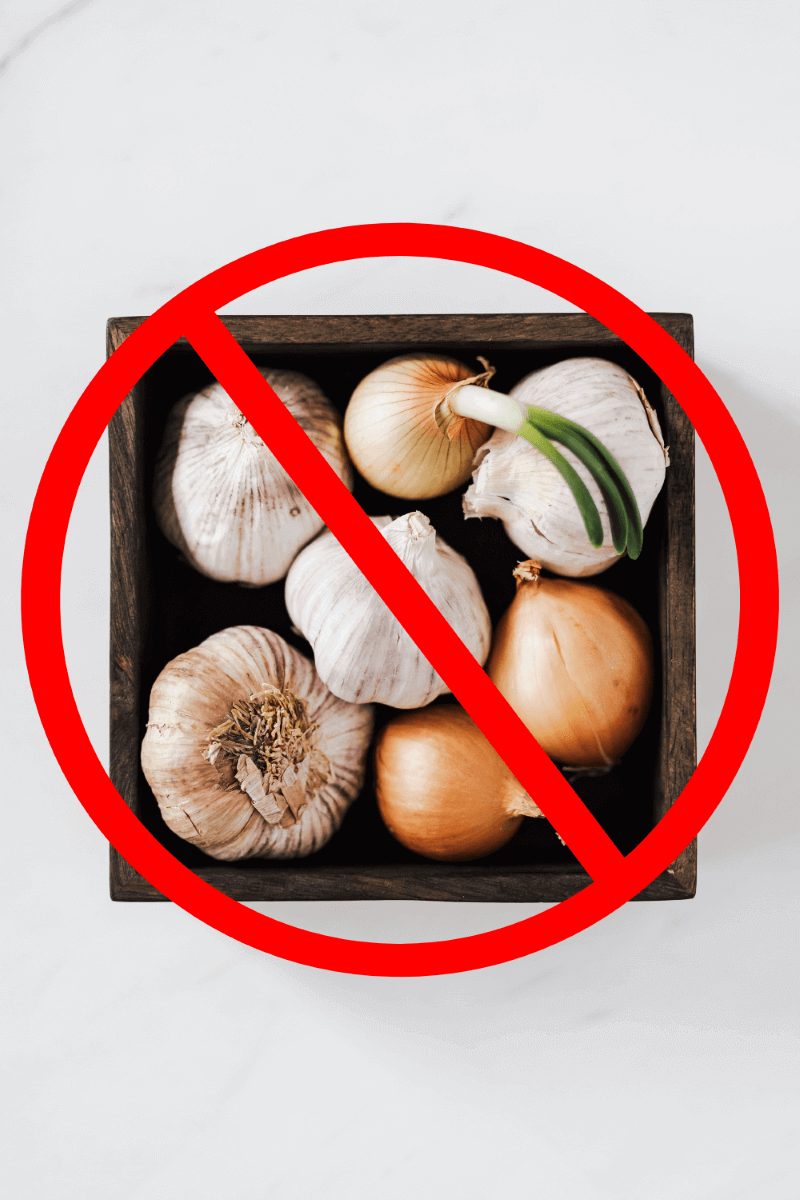
Onion, garlic, and other alliums are the most common ingredients in any recipe in the world! And it is working fine until you get in the position that you can’t eat onion and garlic. It happened to me when I got diagnosed with an allium allergy, and because of that my world completely changed, and I had to learn how to use allium substitutes. Based on my experience, I created this article as your map to a world beyond allium, and a short guide on how to substitute allium.
Allium, a family of aromatic plants including onions, garlic, leeks, shallots, scallion, chives, and ramps plays a central role in various cuisines. However, allergies, taste preferences, or health concerns may urge the need for alternatives, and to do allium substitutes in your meal. Join me on a flavorful journey as we explore the allium substitutes that can help you create delicious dishes full of flavor. And, you will not notice that there are no alliums in the meals.
Understanding allium and its varieties to understand allium substitutes
Allium refers to a family of aromatic plants, including garlic, onions, leeks, chives, shallots, ramps, and scallions. Each variety contributes unique flavors, enhancing the culinary experience. From the sharpness of garlic to the sweet depth of onions, allium varieties are culinary gems. However, they are not the only thing that brings flavor to the food, and sometimes allium substitutes can make a meal taste even better.
Reasons to substitute allium
There are a few reasons why you need to do allium substitutes in the recipe. Sometimes the reason why you need to avoid allium is based on medical advice, or medical condition, or a disease. Besides healthy reasons, sometimes personal preference plays a role in why you want to substitute allium.
Top 7 allium substitutes
1. Garlic substitutes
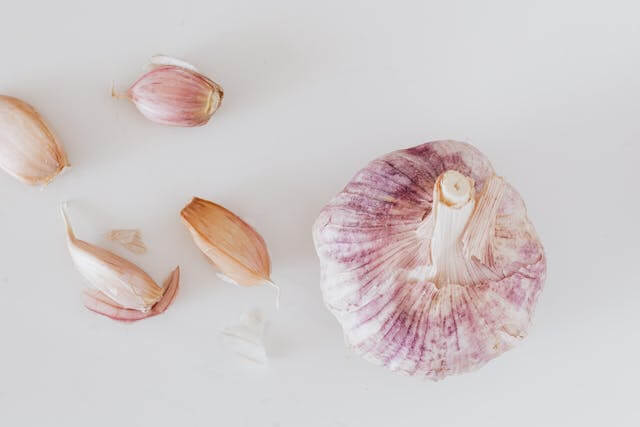
Garlic is a versatile ingredient that adds a unique and complex flavor to food. Its flavor profile is characterized by pungency, savoriness, sweetness, and a hint of bitterness. Raw garlic has the strongest pungency, while cooked garlic has a mellower flavor. Roasting or slow cooking produces a sweeter, nuttier flavor.
Garlic can be versatile, and it is used in almost every recipe. However, replacing garlic is easy and possible.
My 3 ingredients to substitute garlic in the meals:
2. Onion substitutes
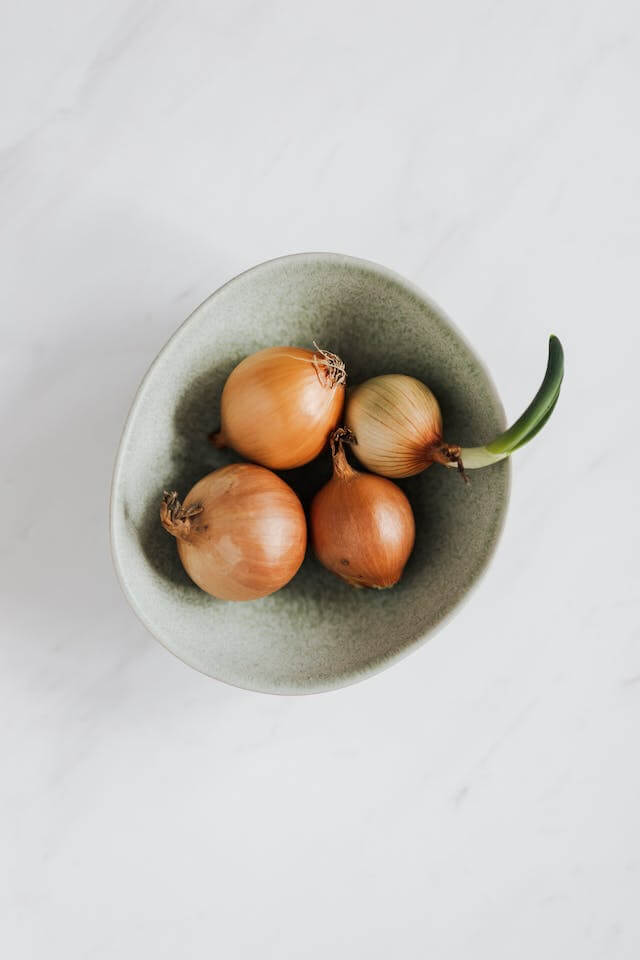
Onions are versatile ingredients that impart a range of flavors depending on their preparation. Raw onions offer a strong, pungent flavor due to sulfur compounds, while cooked onions develop sweetness, depth, and complexity. This is the reason why onions are used as a base for every meal.
Although onions are the base ingredient in every cuisine, they can be substituted. Sometimes when you substitute onions, you will discover a completely new world of flavors, and feel the flavors that usually can’t be tested because onions overpower it.
Here are my 3 go to ingredients when it comes to substituting onions:
3. Leek substitutes
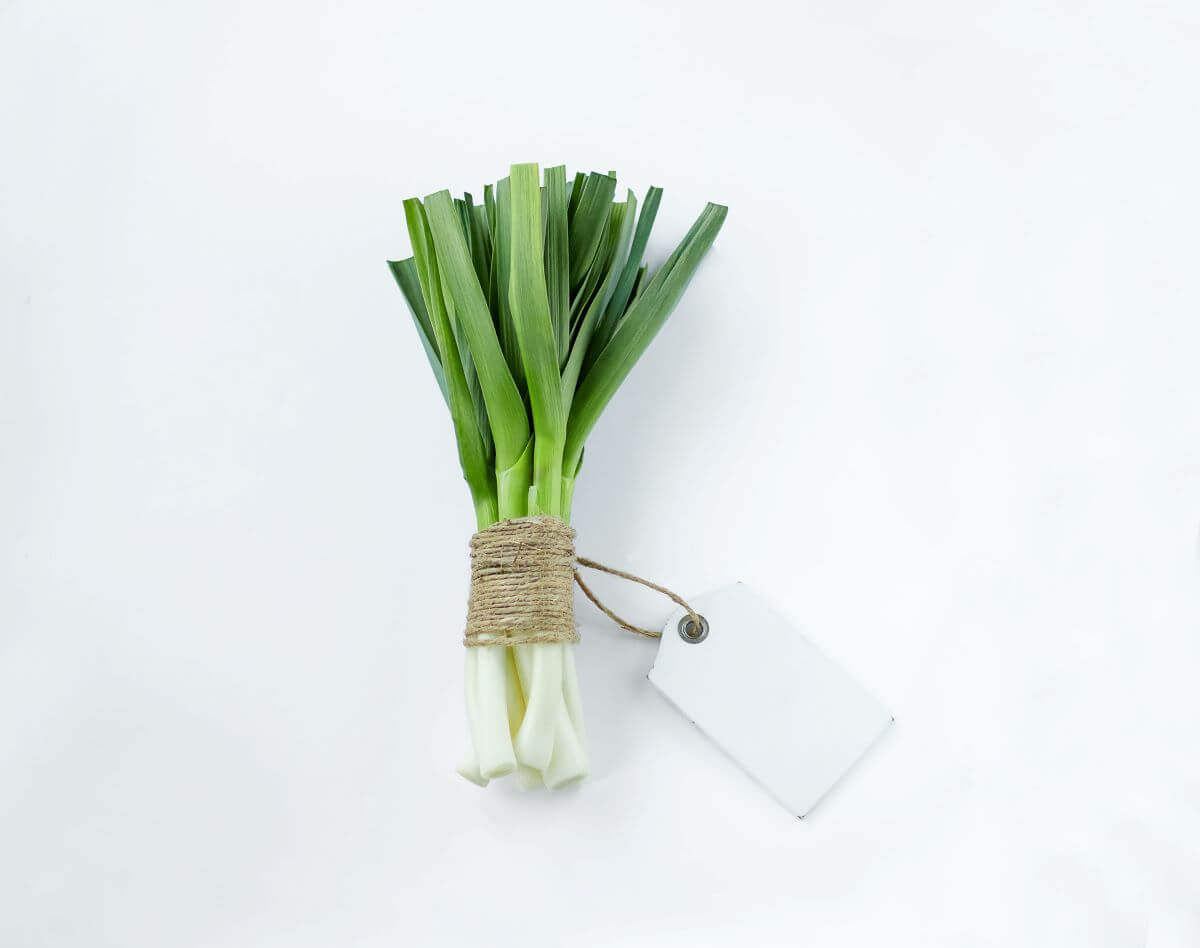
Leeks offer a mild, sweet, savory, and earthy flavor profile that complements other flavors without overpowering them. It can be eaten raw or cooked.
Luckily, there are other ingredients that can bring flavor to food.
Instead of leek, I like to use:
4. Chives substitutes

Chives impart a mild, oniony flavor with notes of sweetness and herbaceousness. The sweetness complements the oniony flavor, and the herbaceousness adds depth and complexity. Their delicate texture is perfect for garnishes, adding a fresh and vibrant touch to dishes.
Even though Chives give flavor, and they can be used as garnish there are substitutes that are making meals even more tastier.
My go-to chive substitutes are:
5. Shallot substitutes
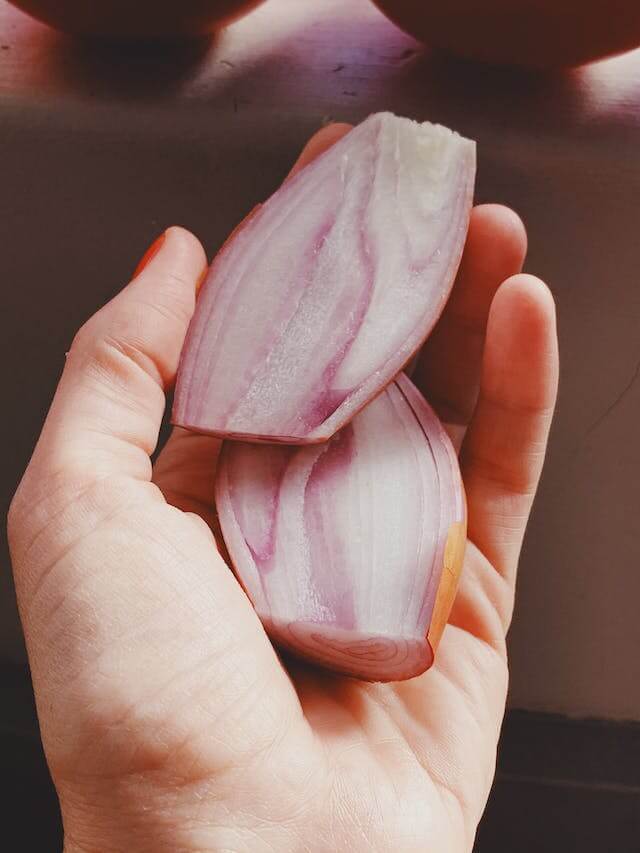
Shallot offers a unique flavor profile that combines sweetness, oniony notes, and a hint of garlic, making it a versatile ingredient for various dishes. The gentle flavor makes it suitable for delicate dishes like salads and sauces, while its garlicky undertone adds depth and complexity to sauces and marinades.
Shallot is very versatile, but it can be substituted without any problem. All the shallot substitutes give divine flavor to the meals.
My top 3 shallot substitutes:
6. Scallion substitutes

Scallion offers a unique flavor profile that combines mild oniony notes with freshness, sweetness, and herbaceousness. Because mildness makes them a versatile ingredient for various dishes, while their fresh and bright flavor adds complexity to salads, soups, stir-fries, omelets, and dips.
Scallion sounds like a superhero when it comes to the flavors, but there are even better ingredients that bring aroma and fragrance to the meals.
Whenever I want to substitute scallion in the recipe, I use one of these:
7. Combining allium substitutes
For a truly unique flavor profile, experiment with creative combinations of allium substitutes. Unleash your culinary creativity, discovering new dimensions in taste and texture.
Experimenting with these allium substitutes options not only caters to specific taste preferences but also opens up a world of culinary creativity. Play with the vegetables and herbs mentioned in this allium substitutes guide, and transform your recipes into delightful allium-free culinary adventures.
FAQs about allium substitutes
Can I substitute any allium for any other ingredient in a recipe?
Absolutely, all the alliums can be substituted. It is important to know the flavors of the allium and what vegetables and herbs work the best as allium substitues.
How do I adjust quantities when using allium substitutes?
Start with small amounts and taste as you go. Adjusting quantities ensures your dish maintains the desired balance.
What can I use instead of allium?
Alliums can be very easily substituted in almost any dish. Use vegetables like carrot, fennel, celery, or herbs like tarragon, sage, thyme, dill as allium substitutes. They will provide a fragrant taste to the meals, and you will not miss allium.
Conclusion
No matter the reason why you want to skip on allium, there are many allium substitutes options to give divine flavor to the food. Food without allium doesn’t have a bland taste, it is full of flavor. Celery, carrot, fennel, sage, dill, thyme, tarragon, lovage, and other vegetables and herbs mentioned in this allium substitutes guide will bring enchanting flavor to the meals. Play with the vegetables and herbs, start with a small amount, and increase gradually while always tasting it. The meals will be full of flavor, and you will not even notice that there is no allium in the meal. If you need inspiration for delicious allium-free meals check out my recipes here.


